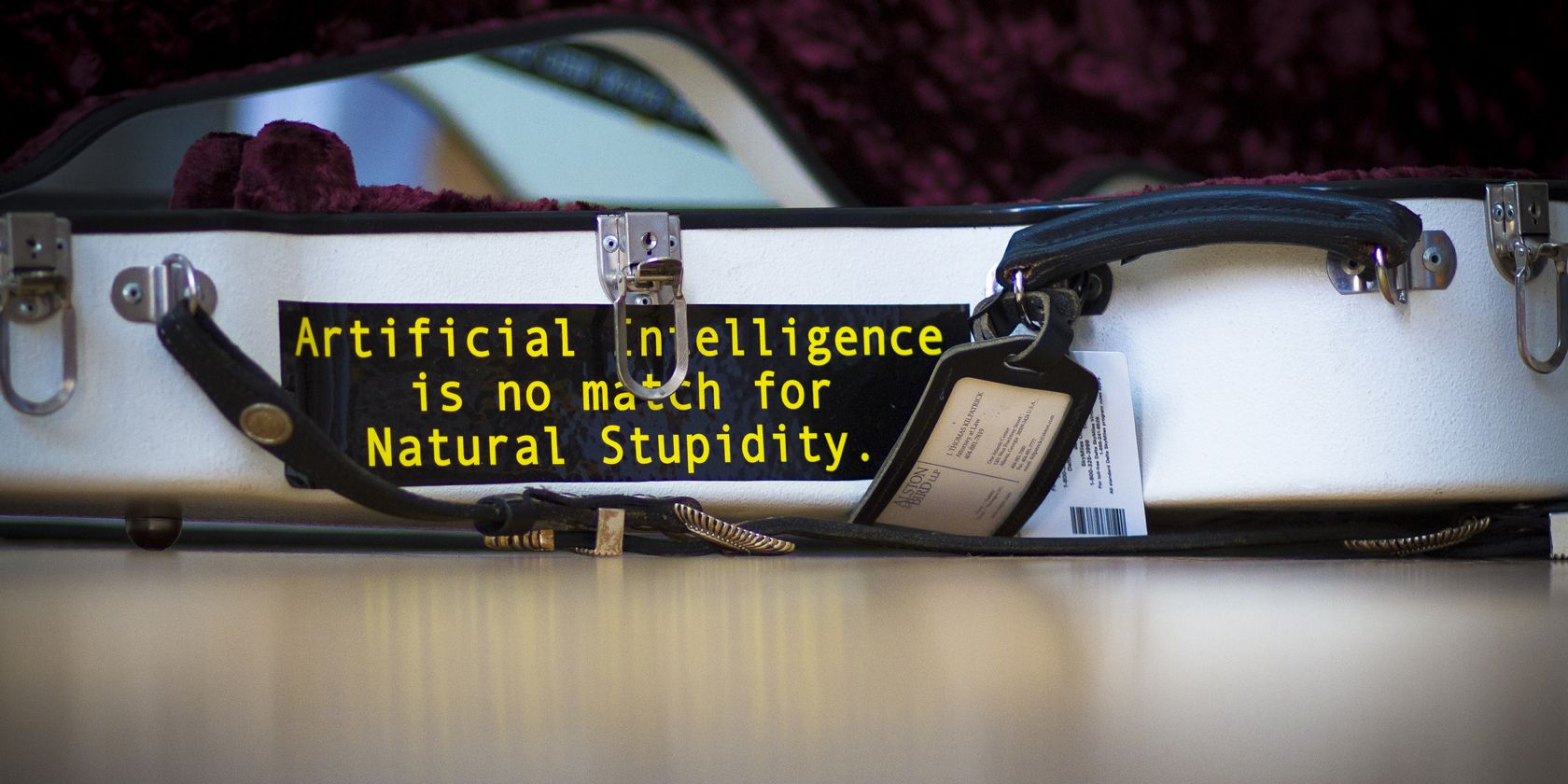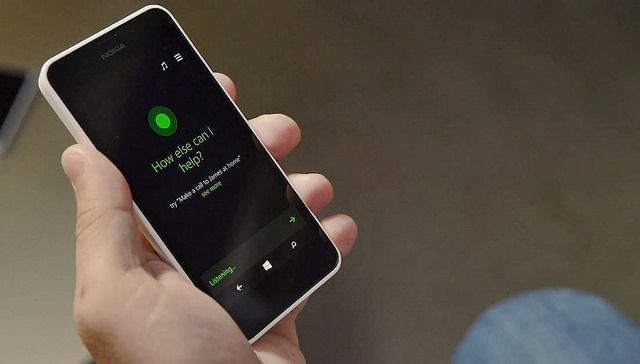Are intelligent, sentient robots going to take over the world? Not today -- and maybe not ever.
Give credit to Hollywood for many of the fears surrounding artificial intelligence (AI). The big screen has caused us to picture Will Smith battling robots, or Sarah Connor taking on Skynet every time we hear the term. Even new Hollywood releases, like 2014’s Transcendence and the up-and-coming Chappie, further perpetuate this stereotypical view of artificial intelligence.
The reality is a lot more complicated. Artificial intelligence, described generally, is simply a set of technologies for building computer systems that can perform complex analytic tasks independently. Simple examples include everything from speech recognition and decision-making to visual perception. There are a number of narrow-but-useful AI systems in existence, like Siri or Xbox One’s Kinect.
What AI Isn’t
Let’s take a moment to quell our fears and discuss what AI is not. First of all, machine intelligence has nothing to do with being “alive” or even “conscious.” Modern artificial intelligence can match or exceed human capabilities in narrow domains (like chess, or answering Jeopardy questions) but they lack the flexibility and generality of the human mind. These systems are not "people" and can only act with close human supervision and direction. They are simply advanced computer systems built to simulate some aspects of human intelligence.
Artificially intelligent software is controlled by humans. Modern software is laser-focused on performing a single task - it is not generally creative, and does not act independently outside its domain. As our algorithms becomes more powerful, perhaps we will begin to see software tools that can operate more independently across a broader and broader range of domains, but that's a long ways off. Smart people who are concerned about artificial intelligence research (like Elon Musk, who recently donated $10,000,000 to address the problem) aren't concerned about today's technology, they're concerned about artificial intelligence systems that may exist at some time in the future.
For now, there’s no need to fear a robotic apocalypse just yet.
What AI Is
Now that we’ve addressed some of the misconceptions surrounding artificial intelligence, it may be helpful to discuss modern examples of artificial intelligence as well as gadgets already relying on this technology.
AI is already here. This isn’t some future, theoretical technology we are working on. AI machines are already among us. Take for example Microsoft’s recent security robot demonstration. Called the K5, these autonomous machines stand 5 feet tall, weigh 300 pounds, and are equipped with HD cameras, sensors, alarms, Wi-Fi and – you guessed it – artificial intelligence. These machines have been programmed to recognize if something is out of place, like an injured employee or a potential trespasser. And as technology improves, the K5 will become more capable of recognizing even smaller discrepancies than humans can.
But the search for artificial intelligence can be even simpler. If we refer back to our earlier definition, the wave of new digital assistants could be classified as AI. Of course, there are those who disagree, stating that these machines don’t have true intelligence, only the appearance of intelligence. While that may be the case, if AI is defined as something that performs human tasks, like writing in a calendar, searching the web and recognize and analyzing voice queues, then Siri, Google Voice and Cortana all qualify.
The Future of AI
One common assumption about artificial intelligence is that intelligence is the same thing as consciousness, or a human-like subjective experience. In reality, it's entirely possible that artificial intelligences could be very intelligent while also being very alien.
Intelligence is not a spectrum, it's a vast space space of possible minds, with many possibilities. Some experts doubt whether machines could ever have anything resembling human consciousness. Christof Koch, Chief Scientific Officer of the Allen Institute for Brain Science in Seattle, has spent his career teaching people about consciousness and how he sees it as a property of matter. During a recent Q&A [Broken URL Removed], Koch said researchers are still far from knowing why it occurs, or even agreeing on what consciousness is. He continues:
“I think consciousness, like mass, is a fundamental property of the universe. The analogy, and it’s a very good one, is that you can make pretty good weather predictions these days. You can predict the inside of a storm. But it’s never wet inside the computer. You can simulate a black hole in a computer, but space-time will not be bent. Simulating something is not the real thing.”
In other words, though consciousness may be simulated, Koch believes it will never truly occur in an artificial form.
With an ever increasing number of devices relying on cloud computing and greater device interconnectivity, we’ll eventually see a very diverse group of smart objects. Implementing artificial intelligence systems in these devices will help simplify tasks, and make our day-to-day lives even simpler. It won’t, however, turn our homes and gadgets against us and bring about the end of the human race -- at least, not in the foreseeable future.
Artificial Intelligence is no match for Natural Stupidity by Sean Davis via Flickr, Nokia Lumia 635 Cortana Helping by Bhupinder Nayyar via Flickr


